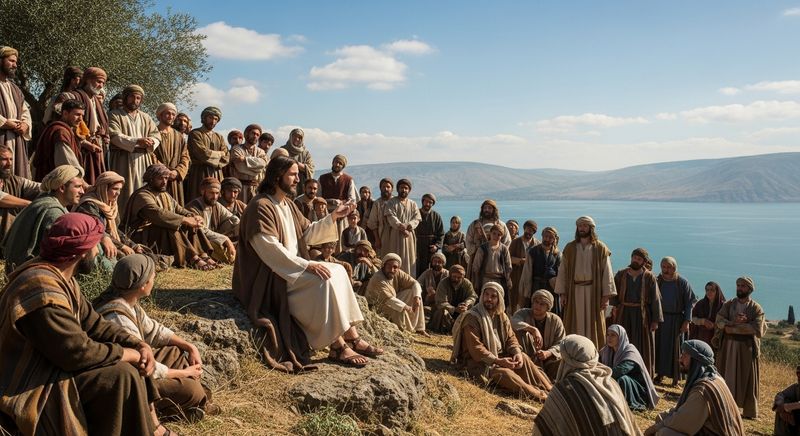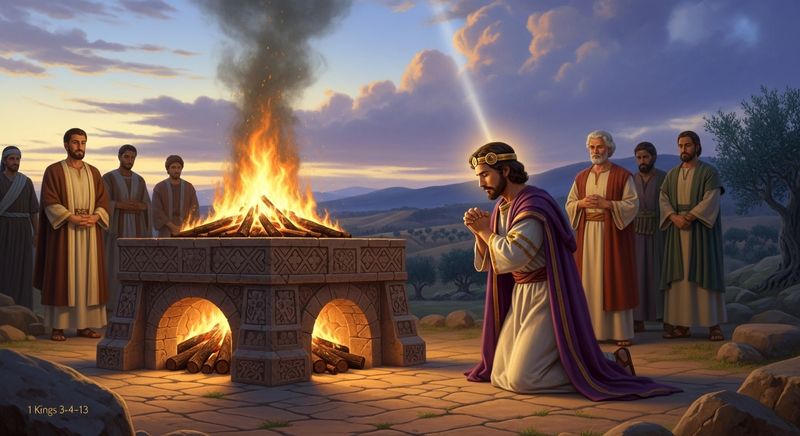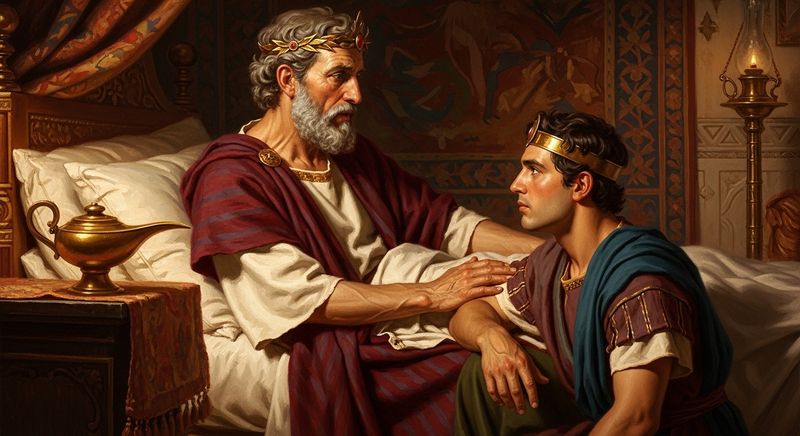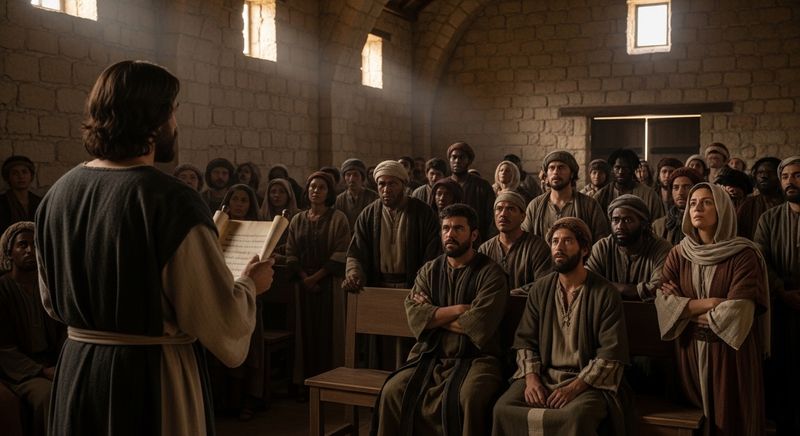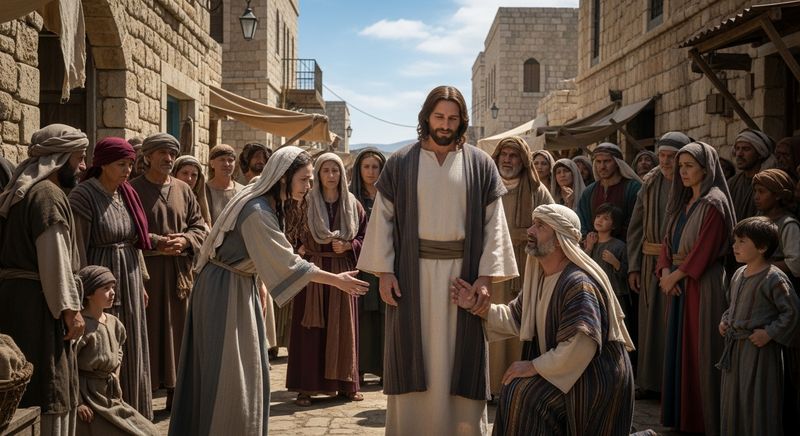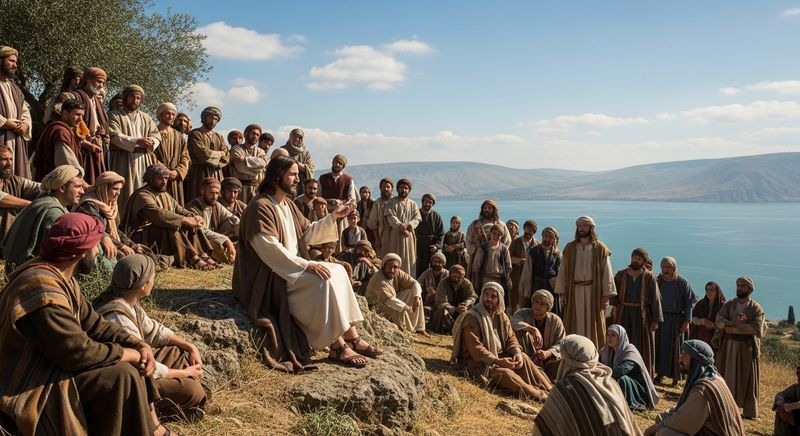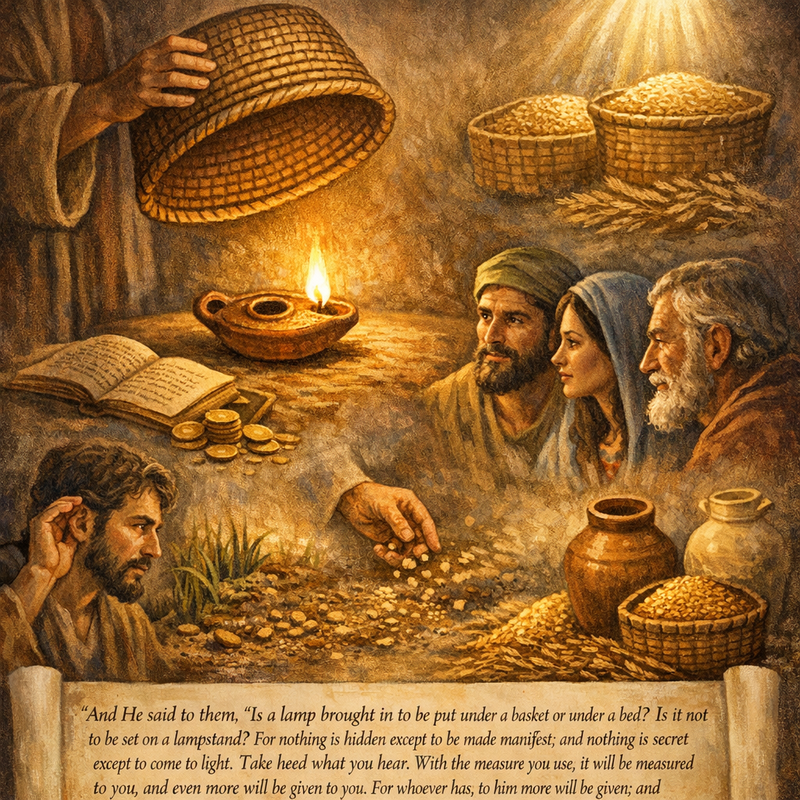DAILY HOMILIES
The Psalmist says: “I was glad when they said to me, ‘Let us go to the house of the Lord!’” (Psalm 122:1). This was the joy the people felt in today’s Gospel passage they moment they recognised Jesus. They ran from various neighbourhoods to meet him, bringing their sick with them. Like those who touched the hem of Jesus’ garment, let us approach God’s temple, conscious that we will drink from the river of life that flows from it. According to Ezekiel, “Wherever the river goes, every living creature that swarms will live.” (Ezekiel 47:9)
Read MoreThe key to being ‘the salt of the earth’ and ‘the light of the world’ is showing love to those who need it most: the hungry, the homeless, the naked, the sick, the prisoners and so on. Although Isaiah’s list is not exhaustive, he basically draws our attention to the Seven Corporal Works of Mercy, which are: Feeding the Hungry, Giving Drink to the Thirsty, Sheltering the Homeless, Clothing the Naked, Visiting the Sick, Visiting the Prisoners, and Burying the Dead.
Read MoreGod, very pleased with Solomon’s burnt offering, visited him in a dream and told Solomon to request anything. In response, Solomon began by giving thanks to God for all God had done for David, his father, and for putting him on the throne. Learn to count your blessings. One who has not learnt to say ‘thank you’ lacks the right to ask for more. In the Lord’s Prayer, Jesus taught us to praise God before asking for our daily bread.
Read MoreVery often, we are just like Herod; we gather around ourselves a bunch of sycophants and praise singers. Anyone who tells us the truth, challenges us, or criticises us is considered our enemy. Instead of accepting our faults, we find a way to eliminate such a person. Be humble enough to take criticism. You are not always as perfect as your ego makes you believe. Consider those who criticise you to be your real friends, helping you to grow.
Read MoreDavid observed that all the problems he faced during his reign as king resulted from ignoring God’s commandments. Having painfully learnt his lessons, David concluded: “Keep God’s commandments, and everything will go well for you.” One mistake we often make is thinking we can disobey God without suffering the consequences of our misdeeds. The truth is that God’s commandments are a covenant. If we want God to do his part, we, too, must do our part.
Read MoreJesus regards us as a family; He wants us to be familiar with Him and to see Him as a friend rather than a police officer. Familiarity draws us to God. However, it can also lead to contempt. The problem with the Nazarenes was not familiarity but contempt; they were angry with Jesus. They expressed this anger by claiming to know the so-called brothers and sisters of Jesus.
Read MoreAbsalom’s greatest mistake was assuming that all those surrounding him were loyal to his cause. Not everyone singing your praises and cheering you on means well for you. Absalom had the privilege of hearing Ahithophel’s wise counsel, but ignored it and chose to go by Hushai’s advice because it seemed more pleasing in his ears. Absalom did not know that Hushai came from David’s camp.
Read MoreJesus physically comes into the temple as a baby, but He is the king of kings. This is why today’s Responsorial Psalm proclaims, “O gates, lift high your heads, let Him enter the king of glory.” Simeon and Anna, like everyone else, saw a baby, but they also had eyes to see beyond His form as a baby. They recognised and worshipped God in Jesus. Do you recognise God’s presence in the Holy Eucharist, or do you see only bread?
Read MoreDear friends, if we really want to live as God’s children, we must be prepared to suffer many hardships. There is always a bitter price to pay for goodness. However, in the midst of all that may come your way, bear in mind that God never sleeps. The same Joseph who was so unfairly treated would eventually become the Prime Minister of Egypt. It may even be that your own reward will not come in this life, but don’t give up, keep being good. Your efforts will never be in vain.
Read MoreStories have the power to penetrate our subconscious thoughts. The beauty of a good story is that it is easily remembered; this way, one can hardly forget the message. Jesus Christ explored storytelling as a communication tool during his public ministry, and the stories He told thousands of years ago continue to strike our hearts today. Through storytelling, Nathan successfully delivered an uncomfortable message to David.
Read MoreDavid was taking a walk on the roof of his palace when he caught sight of a woman bathing. Unlike the three corrupt judges who hid in a garden to watch Susanna taking her bath, David did not deliberately seek out this sight. Still, instead of taking his gaze away immediately, he allowed himself to be tempted all the more. Jesus warned us: “Everyone who looks at a woman lustfully has already committed adultery with her in his heart. If your right eye causes you to sin, pluck it out and throw it away; you should lose one of your members rather than that your whole body be thrown into hell.” (Matthew 5:28-29)
Read MoreIn today’s Gospel passage, Jesus says: “Is a lamp put under a bushel or under a bed? For there is nothing hid, except to be made manifest, nothing secret except to come to light.” Just as light can never be hidden, Jesus wants us to know that we can never hide. There is nothing we do secretly that would not eventually come to the light; there is nothing hidden that would not be known. It is only a matter of time. It is better to do what is right than to try to cover your tracks later on.
Read More
